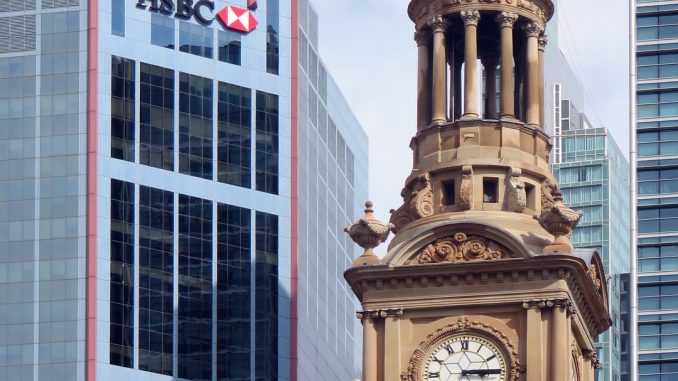
HSBC has announced plans that it will be investing $100bn on sustainable finance by the year 2020 to help combat climate change. The bank claims that it will “intensify its support for clean energy and lower-carbon technologies, as well as projects that support the implementation of the United Nation’s Sustainable Development Goals”. It has also pledged to “discontinue financing of new thermal coal mines or new customers dependent on thermal coal mining”
HSBC’s chief executive Stuart Gulliver said in a recent statement that “The $100 billion commitment that we are announcing today acknowledges the scale of the challenge in making a transition to a low-carbon future. We are committed to being a leading global partner to the public and private sectors as they make that transition.”
HSBC’s sustainable finance unit was launched last year, and is part of HSBC’s global banking division, The unit is run by Christian Déséglise, HSBC’s global head of central banks and global co-head of sovereign and public funds, and Michael Ellam, managing director of HSBC’s public sector banking team, and is responsible for implementing these new sustainability plans.
Michael Ellam told reporters that “I think what we are seeing, or certainly what we anticipate, is that sustainability becomes a bigger issue for a much wider range of our corporate and financial institution clients than has been the case to date. So we want to try to anticipate that trend, and think about how we best help our clients.”
HSBC has also pledged source all its energy from renewable sources by the year 2030, as well as promising to “lead and shape” the debate into investment in sustainable finance in the banking industry. This announcement comes just months after one of its competitors JP Morgan pledged $200bn investment into clean energy projects
The new funding is a step forward for the bank; however the report has been criticized for now providing a timescale for ending its funding of thermal coal – which other large banks have already committed to.
HSBC is the world’s largest trade bank, and has previously been accused by critics of not investing enough money in clean energy. It has also previously been accused by Greenpeace of “Supporting environmental destruction and exploitation” in South East Asia. HSBC was accused of financing palm oil companies who took part in unsustainable and damaging behavior.
Bumitama Agri was names as one of the companies which received fixed term loans from a number of banks including HSBC. Bumitama Agri was accused of deforestation, operating without the correct licenses and illegally developing land in Indonesia. These accusations subsequently led to the bank changing its financing policy for palm oil, requiring clients to make a “No Deforestation, No Peat and No Exploitation” (NDPE) commitment.


Leave a Reply